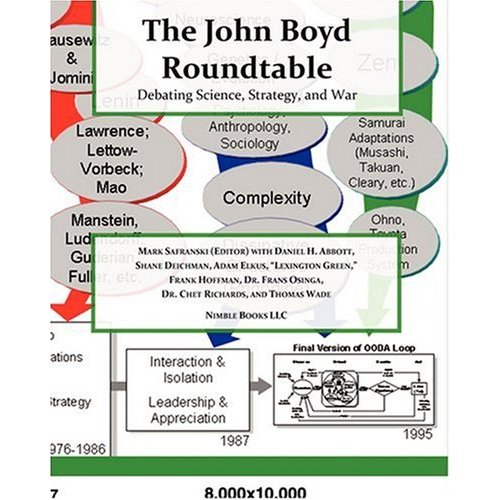The text emphasizes a poem I hadn’t read before; that a dog doesn’t bark means something, even if we have good reason to cherish that dog’s protection. Of course, in a sense it is what we usually talk about: respect for others, tendency toward a “muddle on” pragmatism, and an essential respect for law, all of which we owe to a common heritage. But then, neither side has been suitably educated by UNWRA.
Arts & Letters
Bored and Crocheting
Now for something more than a little strange…
The work of German artist Patricia Waller who seems to combine true skill at crochet with seriously warped imagination.
I do find it interesting how we attach certain concepts to a particular medium and find it jarring when we see other concepts rendered in that medium.
For example, crocheted, pink, S&M gear.
Excellent “Best of” List from The Middle Stage
One of my favorite blogs is The Middle Stage, written by Chandrahas Choudhury.
Chandrahas writes about literature as well as history, fiction and nonfiction, and very frequently alerts me to books I have never heard of, but which I wish I had time to read. In particular, he writes about Indian history, a vast subject I want to know more about.
His list of best nonfiction for 2008 contains several which might interest the ChicagoBoyz team, and our readers.
I would particularly like to hear about what others think about his choices related to India.
Cross-posted on Antilibrary.
Ramblings Late at Night, Looking into the Darkness
Probably most of you have seen these, but if not they may amuse you:
As we infantilize ourselves. (I view this somewhat ruefully because, unlike apparently most of the Chicagoboyz, I’m totally incompetent. Last New Year’s Day my brother walked into our kitchen, asked what was wrong with the sink I said we were going to phone a plumber after the holiday. He looked at it, climbed under the sink, screwed the head on the hose, and it has worked ever since.)
The friend who forwarded that (who I might say is skilled at both dressing for success and hacking down a tree, at editing a paper and remodeling a room) sent two sons to the first Gulf War and one of them forwarded this to her.
And this rant is cheerful (even if the Iowa Trades are not likely to make us feel the sentiment is as widespread as we’d like).
NEW BOOK: The John Boyd Roundtable: Debating Science, Strategy and War
Re-posted from Zenpundit.com at the request of my co-author Lexington Green:
The John Boyd Roundtable: Debating Science, Strategy, and War
This post has been a long time coming.
A while back, we had a a symposium at Chicago Boyz to discuss and debate the superb book Science, Strategy and War: The Strategic Theory of John Boyd by Colonel Frans Osinga. It was a great discussion from which I learned far more about the ideas of the iconoclastic military theorist John Boyd than I had ever previously considered. Not everyone involved was an admirer of John Boyd, a
 few were initially skeptical and we had one certified critic ( though I had tried to recruit several more). Overall, it was the kind of exchange that makes the blogosphere special as a medium when it is at it’s intellectual best.
few were initially skeptical and we had one certified critic ( though I had tried to recruit several more). Overall, it was the kind of exchange that makes the blogosphere special as a medium when it is at it’s intellectual best.
Shortly thereafter, via Dan of tdaxp I was approached by the publisher of Nimble Books, W.F. Zimmerman, who happened to be a military history buff and who was interested in working our loose online discussion of Dr. Osinga’s prodigious tome into a book. Initially, I was somewhat dubious but I warmed to the project at the urging of tdaxp and Lexington Green, and agreed to serve as the Editor and “herder of cats” in a project that would involve a large number of contributors with very different backgrounds and some fairly dense and esoteric material on strategic theory to digest and make comprehensible to a general reader.
A wonderful experience.
We had an excellent roster of contributors for The John Boyd Roundtable: Debating Science, Strategy, and War – Dr. Chet Richards, Daniel Abbott, Shane Deichman, Frank Hoffman, Adam Elkus, Lexington Green, Thomas Wade and Dr. Frans Osinga, who contributed several essays. Dr. Thomas Barnett sets the intellectual tone in the foreword after which the authors brought a wide range of professional perspectives to bear – cognitive psychology, military history, physics, strategy, journalism and, of course, blogging – in a series of articles that tried to explain the essence and dimensions of John Boyd’s contribution to strategic thought. Hopefully, we succeeded in creating an interesting and useful primer but the readers will be the ultimate judges, free to dispute our conclusions and offer contending arguments of their own.
I’d like to think that Colonel Boyd would have wanted it that way.

